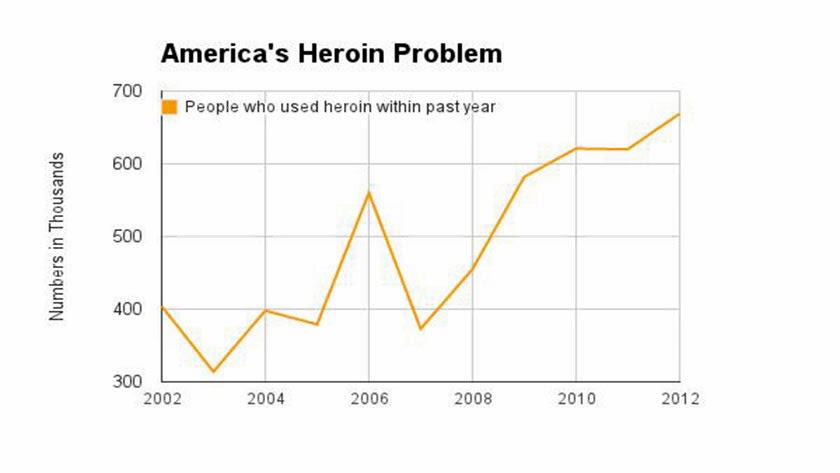 Startling news came out of Boston University's athletic department this weekend. According to a recent report, the head women's basketball coach at Boston University, Kelly Greenberg, is under investigation for bullying her players.
Startling news came out of Boston University's athletic department this weekend. According to a recent report, the head women's basketball coach at Boston University, Kelly Greenberg, is under investigation for bullying her players.Greenberg reportedly bullied four players to the point that they all abruptly quit the team this year. Greenberg reportedly called one player "selfish" for not playing through a concussion, and causing another player to be checked into a hospital for being suicidal.
This scenario sounds all too similar to what happened with the former Rutgers head coach Mike Rice last season. Mike Rice was fired shortly after hours of practice videos were released showing Rice throwing balls at players, shoving them, and using very offensive language while yelling at his players.

I think these occurences are becoming more common because of the increased power that universities give their athletica departments, and because of how much control college sports teams have over their players. For these girls, quitting the team results in a loss of their scholarship. So for the girls who have not left the school, they will now have to pay around $60,000 a year, which will be extremely difficult because they were most likely not accounting for paying for school in hteir finances because they were on scholarship. This ends up making the student-athletes prafctically tied-down to playing for these teams, no matter how bad the sitaution is, because they need the scholarship money to pay for school.
Something needs to change in the world of college athletics. Even though Mike Rice was fired, and it would appear that Kelly Greenberg will be fired, those players can't get the time back that they lost while being miserable attending school. There needs to be some sort of student-athlete union that could investigate these issues and gain retributions for these players, such as possibly having Boston University keep the girls on scholarship if they remain at the school. Sports should be an enriching part of a student's time at school, not something that makes them want to leave the school.
What do you think of these reoccurring instances? How do you think we can change this culture in college sports?







